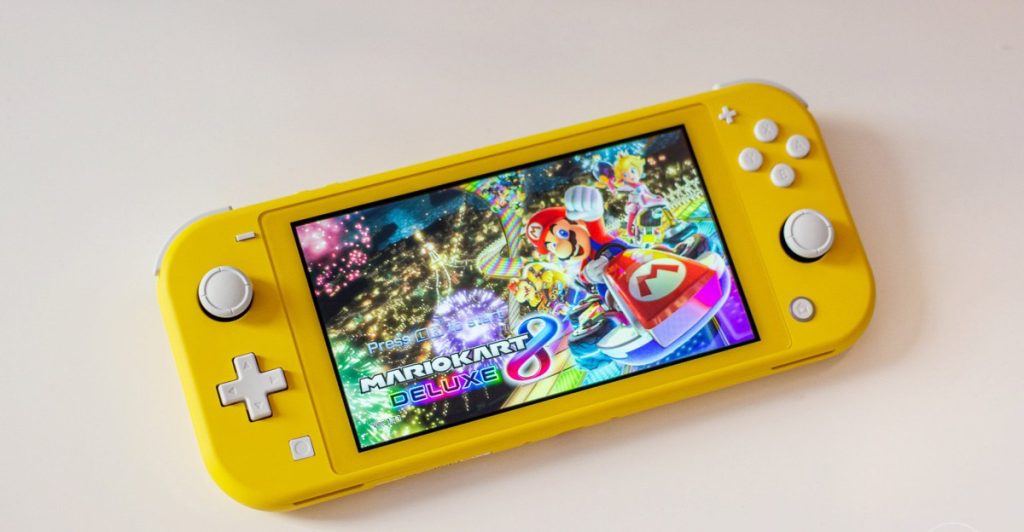When thinking about Nintendo’s Switch, a few standout titles come to mind. Nintendo’s in-house teams have created unforgettable games, yet one of the distinguishing aspects of the Switch, as it readies itself to transition to the Switch 2 after an eight-year run, is its relative independence from software reliance compared to any Nintendo console since the NES.
Of course, the Switch’s success can be attributed to its major titles. In its inaugural year, The Legend of Zelda: Breath of the Wild and Mario Kart 8 Deluxe effectively built its audience. However, both were originally intended for the Wii U, Nintendo’s least successful platform. The Switch carved out its own niche, arriving at a perfect time with an adaptable form factor that catered to games rather than the other way around.
The Switch represented a new chapter for Nintendo, blending aspects of competing platforms while still adhering to its unique principles. The defining games of the console might not necessarily be the largest or best-known, shockingly omitting a traditional Mario platformer. Instead, they encapsulate what the Switch truly represented for players and how it signaled a shift in Nintendo’s identity within the gaming landscape.
Animal Crossing: New Horizons
Animal Crossing: New Horizons experienced tremendous popularity, partly due to the global pandemic that limited social interaction when it launched. The game provided players with a sense of connection and community during a time of isolation.
However, New Horizons served as more than just a digital substitute for in-person gatherings; it allowed players to form new connections, establish routines, and exert agency over virtual lives on personal islands. Its comforting escape provided much-needed solace during challenging times.
The Legend of Zelda: Breath of the Wild
Breath of the Wild has become synonymous with the Switch, despite its dual release on the Wii U, where it was first announced. This strategic shift to a cross-generation launch granted Nintendo one of the most exceptional launch titles in history.
Moreover, the game represented a creative evolution for Nintendo, signaling a transition into a new era defined by bold, non-linear gameplay influenced by broader gaming trends. The sequel, Tears of the Kingdom, expanded on this openness, offering unprecedented creative liberties.
This HTML format retains the article’s essential information while structuring it into coherent paragraphs and headings.



